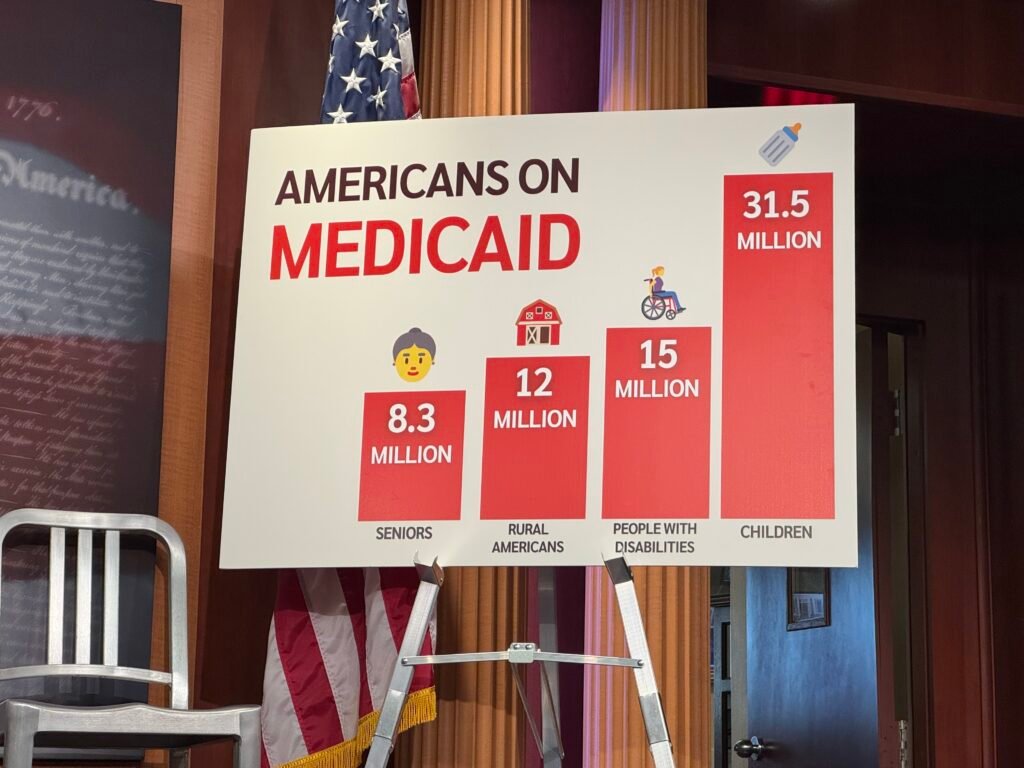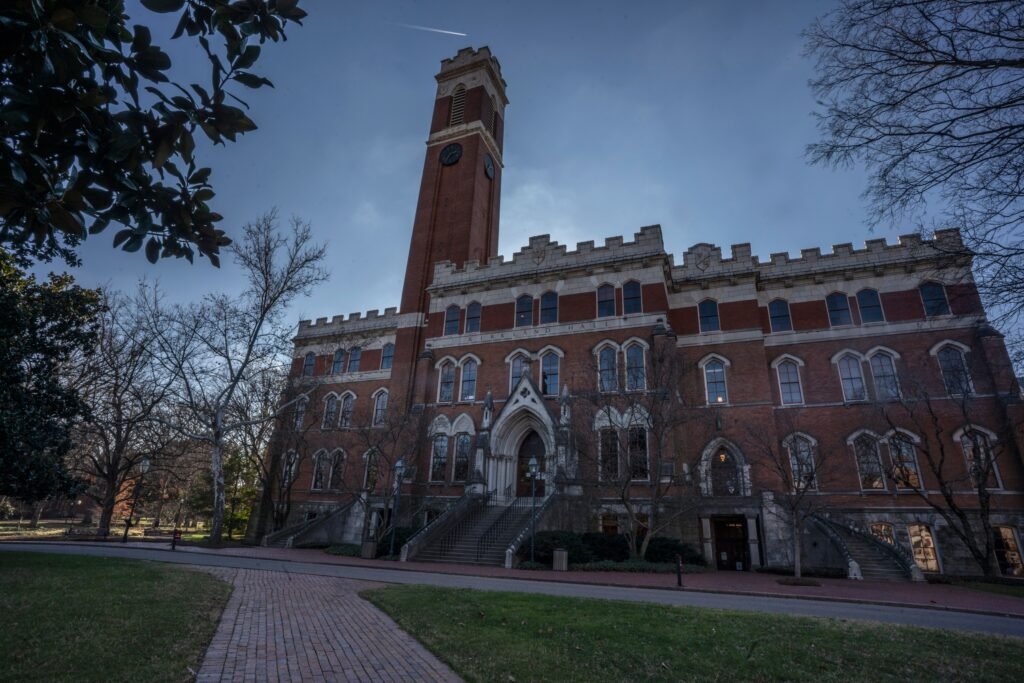When I think about healthcare in Tennessee, I find my mind wandering back to my childhood. I remember visiting my specialist during those long drives from rural Appalachia to Chattanooga. It’s a bit nostalgic, really. I often reflect on our state’s Medicaid program, Tenncare, especially since I had to lean on it again as an adult when I faced a cancer diagnosis that could have completely changed my life. More importantly, my thoughts are with my son, who now depends on Tenncare for his daily care.
I can honestly say that without Medicaid access, my family might not be here right now. Even with the coverage, though, the safety net feels stretched thin. Recently, the Kramer Davis Health, Tennessee’s only clinic solely for adolescents and adults with severe autism and intellectual disabilities, announced it would be closing. This closure will hit families like mine hard. For many, Tenncare serves as the only reliable source of professional care we need to not just survive but to thrive.
Tenncare provides support for nearly 1.5 million Tennesseans, funding rural clinics from the Cumberland Plateau to the western part of the state, while also maintaining crucial services like mental health care, addiction recovery, and assistance for children with complex medical needs. I think it’s striking that almost half of all pregnant mothers in Tennessee rely on Medicaid. Cuts to the program could sever critical lifelines, especially in the rural communities where I grew up.
250K Tennesseans could lose private insurance under Congressional Expenditure Bill
Healthcare, especially in rural Appalachia, has often been difficult to navigate. My family relied heavily on Tenncare for various needs. When I was a little younger, ongoing visits to Chattanooga for eye specialists became a norm because of my blindness. A few years later, after being diagnosed with thyroid cancer, Tenncare stepped in to help with treatment and follow-up care. Honestly, without Medicaid, I don’t know if I would’ve had the chance to go to college and escape the cycle of poverty that plagued my family.
Today, Tenncare is just as vital to my son. With his intellectual and developmental disabilities, he counts on Medicaid exemptions. Now that he’s an adult, Tenncare is essential for his independent living. Thanks to Medicaid, my son has stable housing, receives daily support, and even holds a job. Without it, his entire life—the home, the caregiving support, everything—could unravel.
My experiences with Medicaid have been intertwined through generations, yet the essence remains unchanged. Through my work with families of children with disabilities and special medical needs at Tennessee Family Voice, I’ve seen firsthand how essential this program is. These families often rely on Tenncare for treatments that private insurance typically denies. To lose this support would be catastrophic.
The recent actions in Washington should be concerning for everyone. The so-called “Big Beautiful Bill,” which gained support from eight of Tennessee’s nine Congressional delegates, proposes significant cuts—about $7 billion over the next decade. This will undoubtedly affect Tenncare, a program that supports healthcare for millions, including children and individuals with disabilities.
Tennessee already has one of the highest rates of rural hospital closures, which heightens the stakes. We’re looking at potential closures for 9 rural hospitals—18% of all rural hospitals in our state. Without proper healthcare access, communities face a dire future. Tenncare is often the lifeblood that keeps these providers running.
We’re already witnessing consequences from these projected cuts. A rural obstetrician has said that their facility, one of the few in the state, is on the brink of collapse. Additional closures or cuts to services could mean that mothers and children in our communities will suffer. Another rural hospital is facing uncertainty about whether it will reopen after Hurricane Helen, as federal Medicaid funding is being slashed. The ripple effects could leave many communities vulnerable.
For families, the potential fallout is devastating. Imagine a child with autism losing access to speech therapy, or a new mother in rural Tennessee struggling to find prenatal care because her local clinic closed down. Or think about an adult, like my son, losing the critical support that ensures he can stay independent. These are not just “what-ifs,” they are harsh realities that can arise from cutting Tenncare.
I’ve experienced the Medicaid system through various lenses: as a patient, a mother, and now as an advocate. I know its importance firsthand, and I see how it continues to be a lifeline for millions. Medicaid has afforded me the chance to lead a healthy life. Now, it offers my son and countless other Tennesseans the same precious opportunity.
For families like mine, Tenncare isn’t just important; it’s essential. Therefore, proposed Congressional cuts are alarming. They threaten not only vital services but also the futures of many. I urge our leaders to keep Tennessee families in mind and protect Tenncare to prevent its deterioration.







